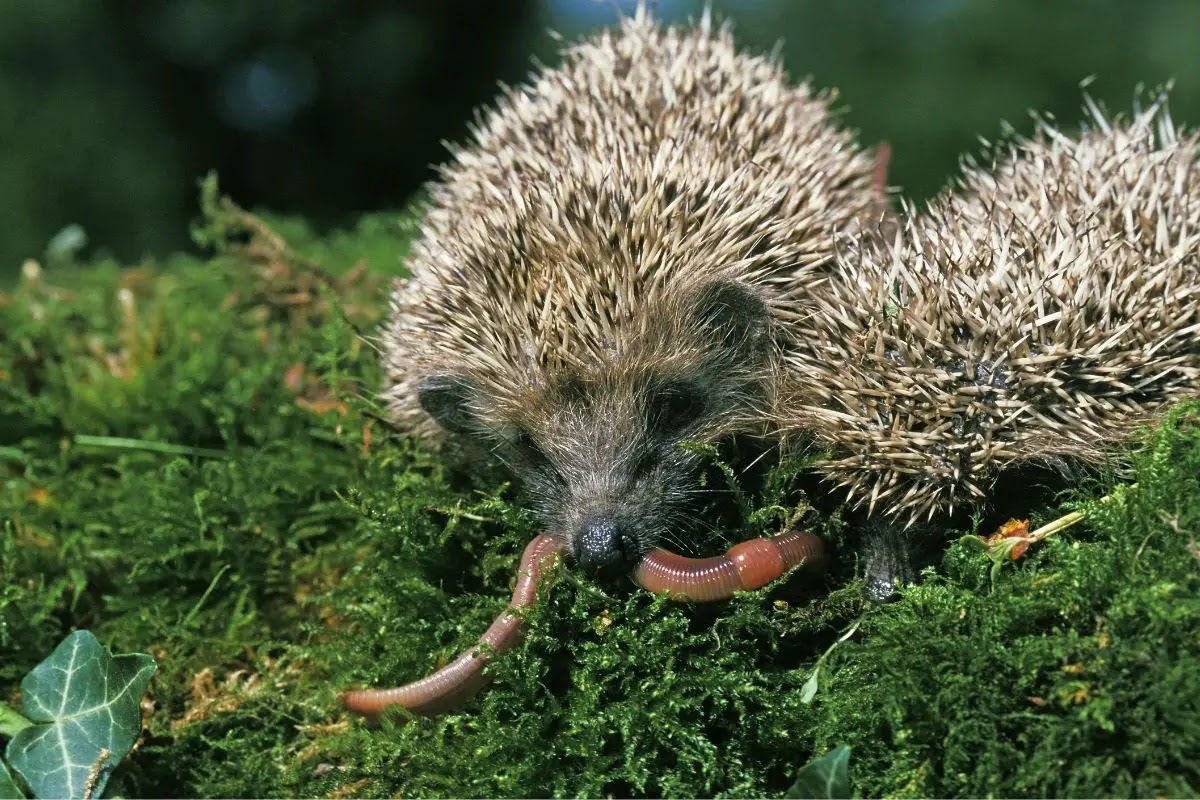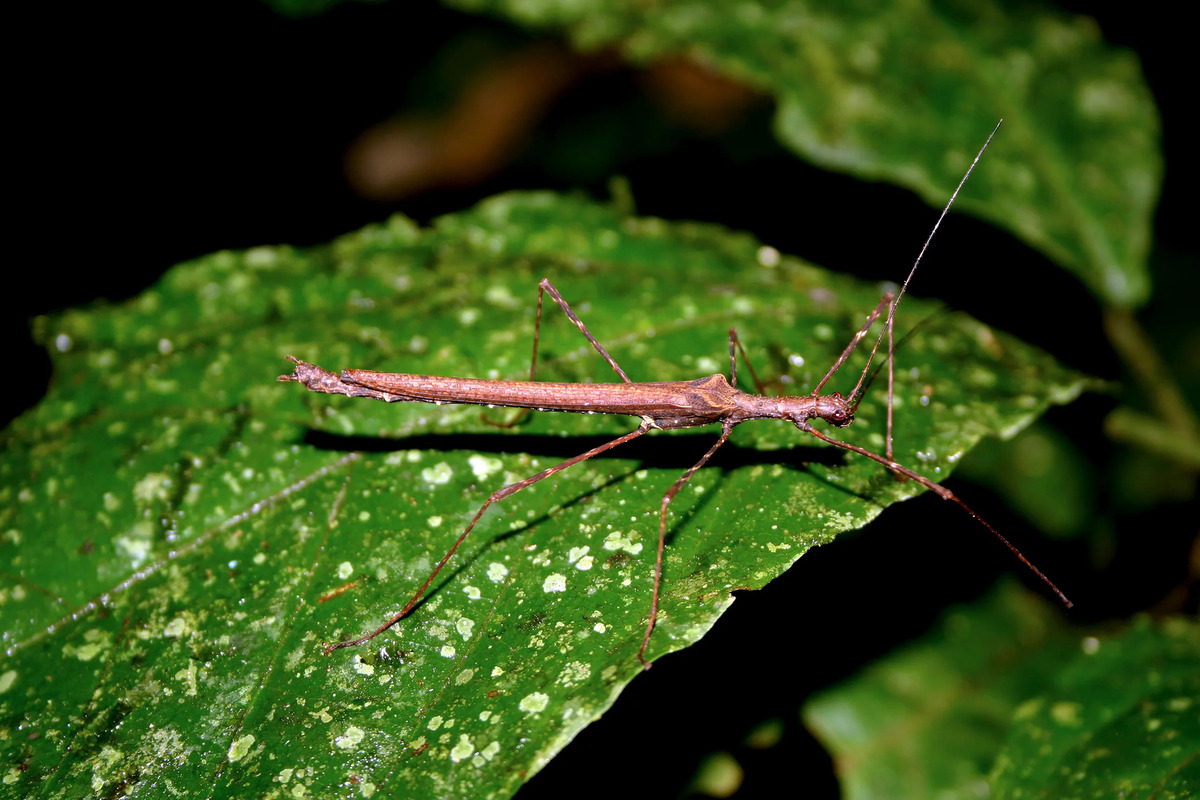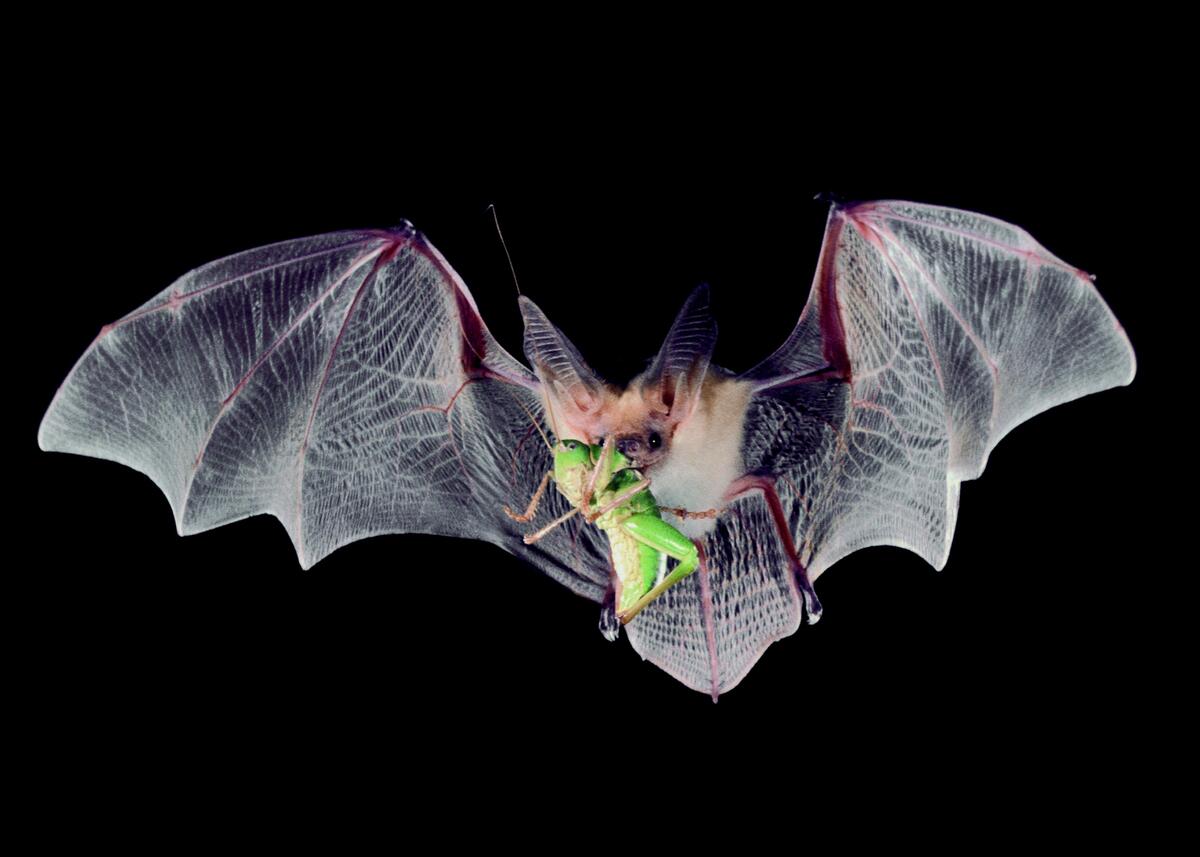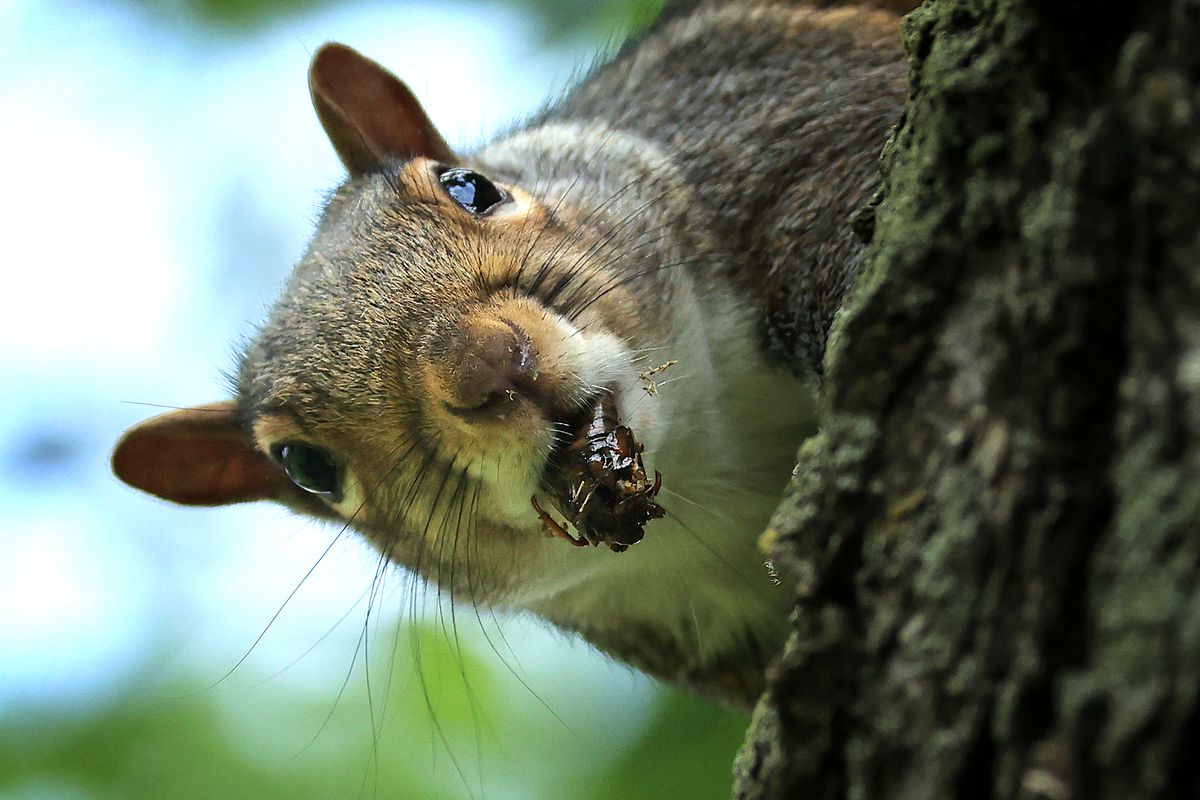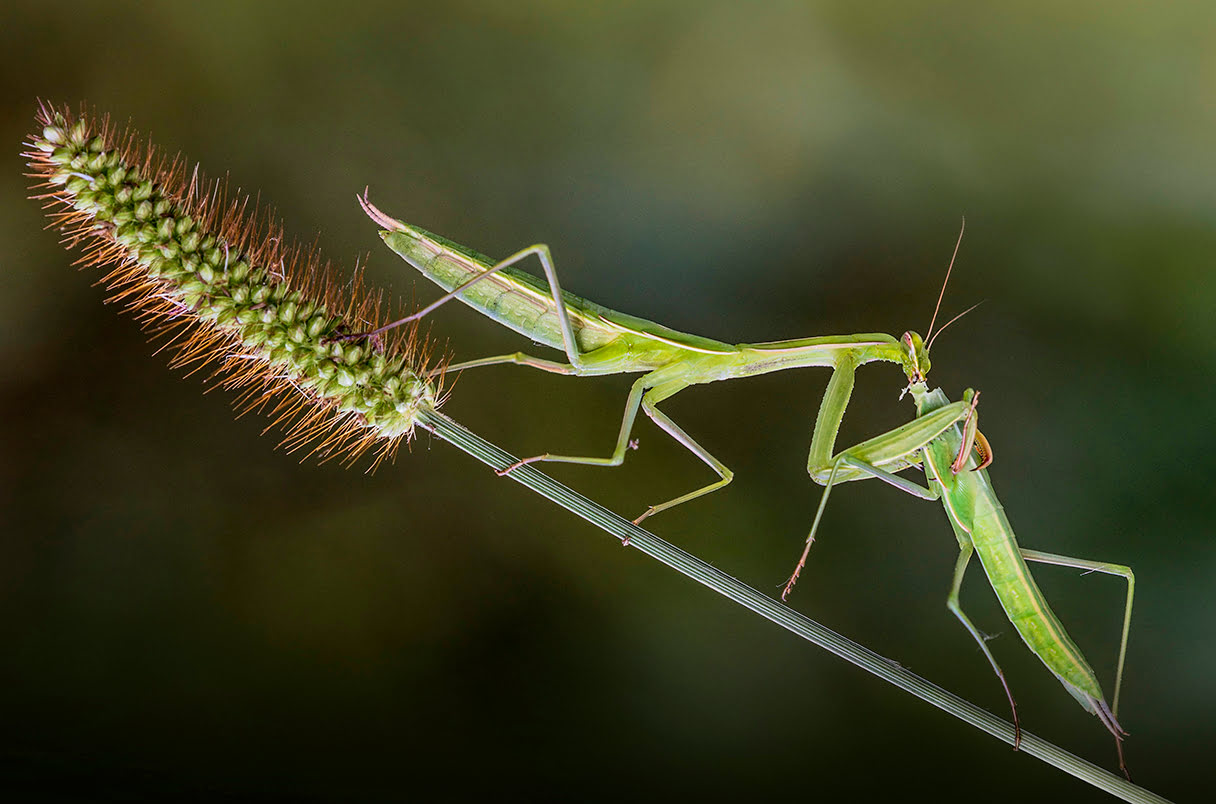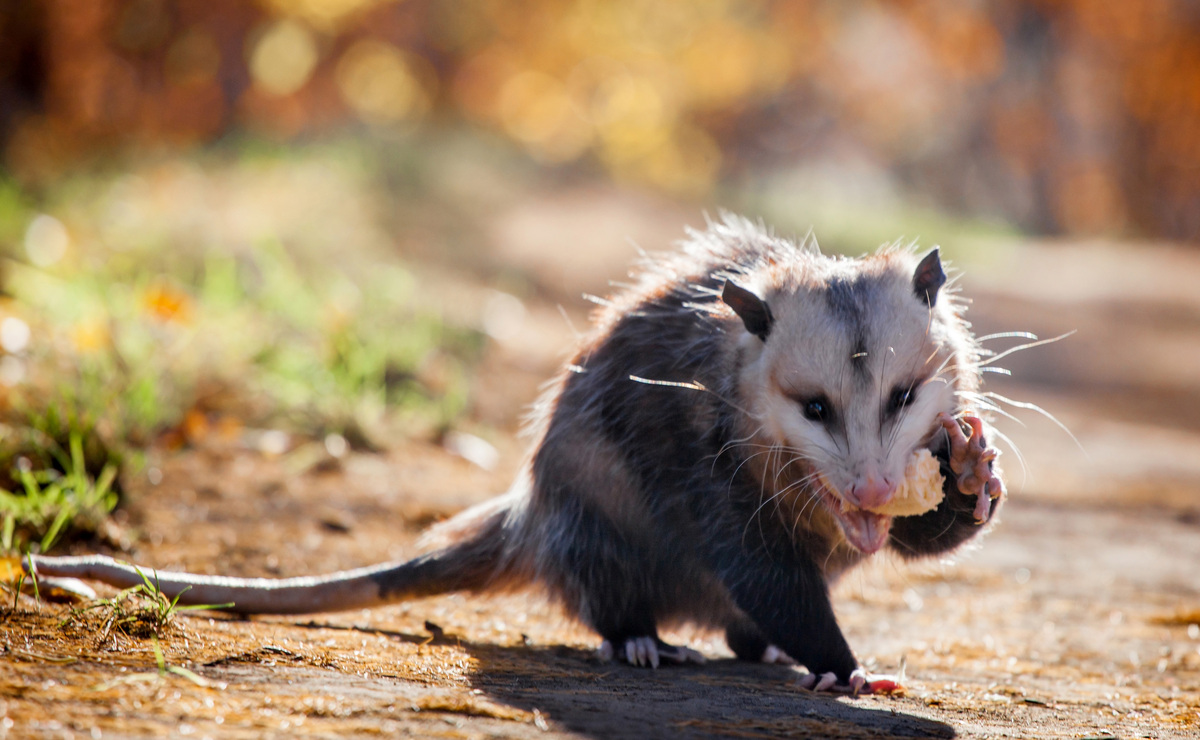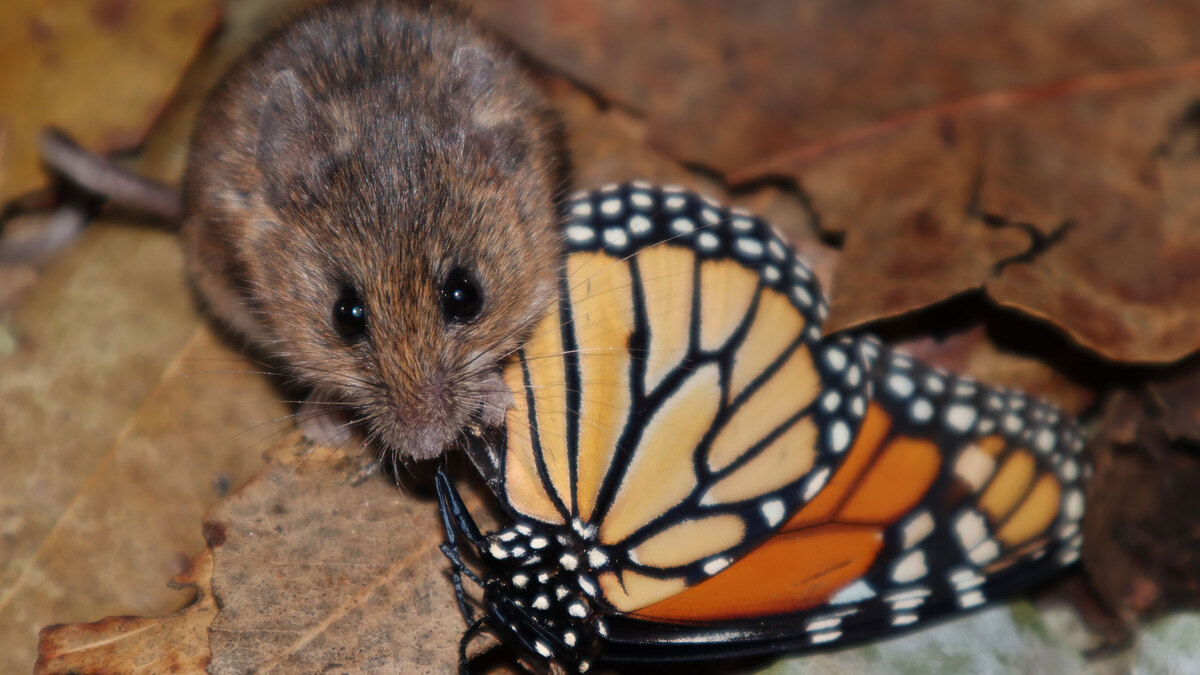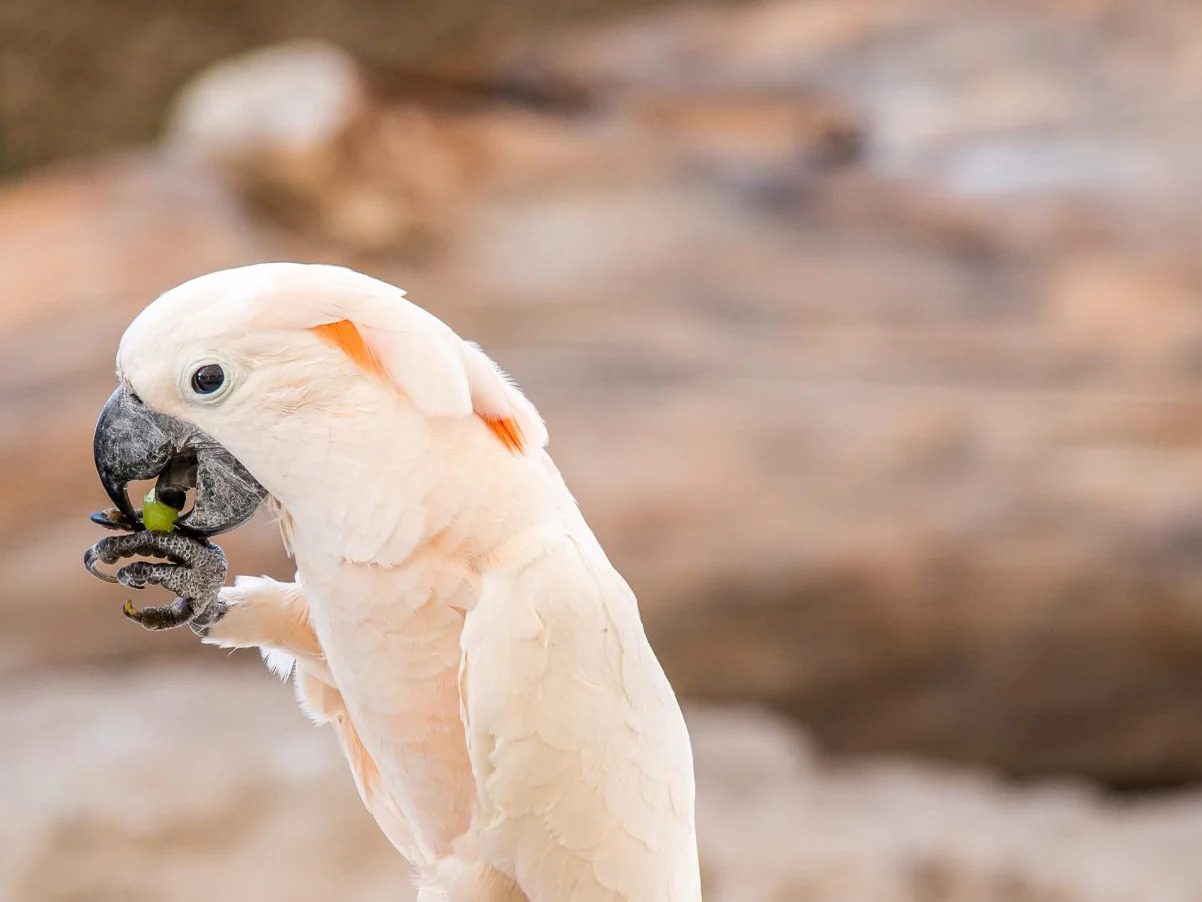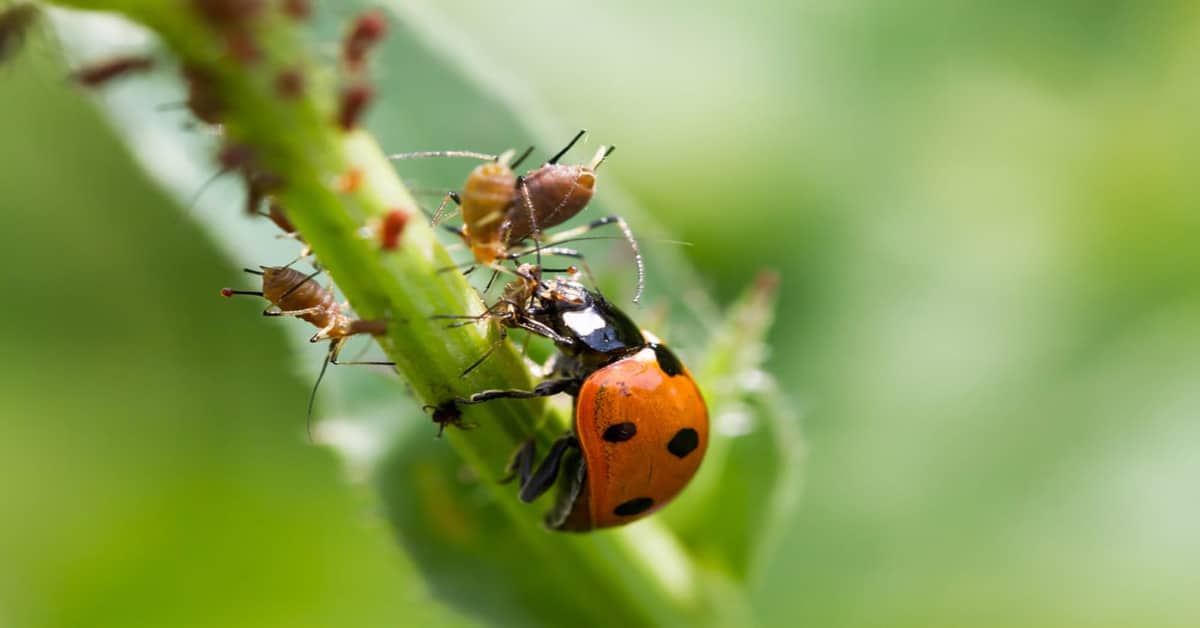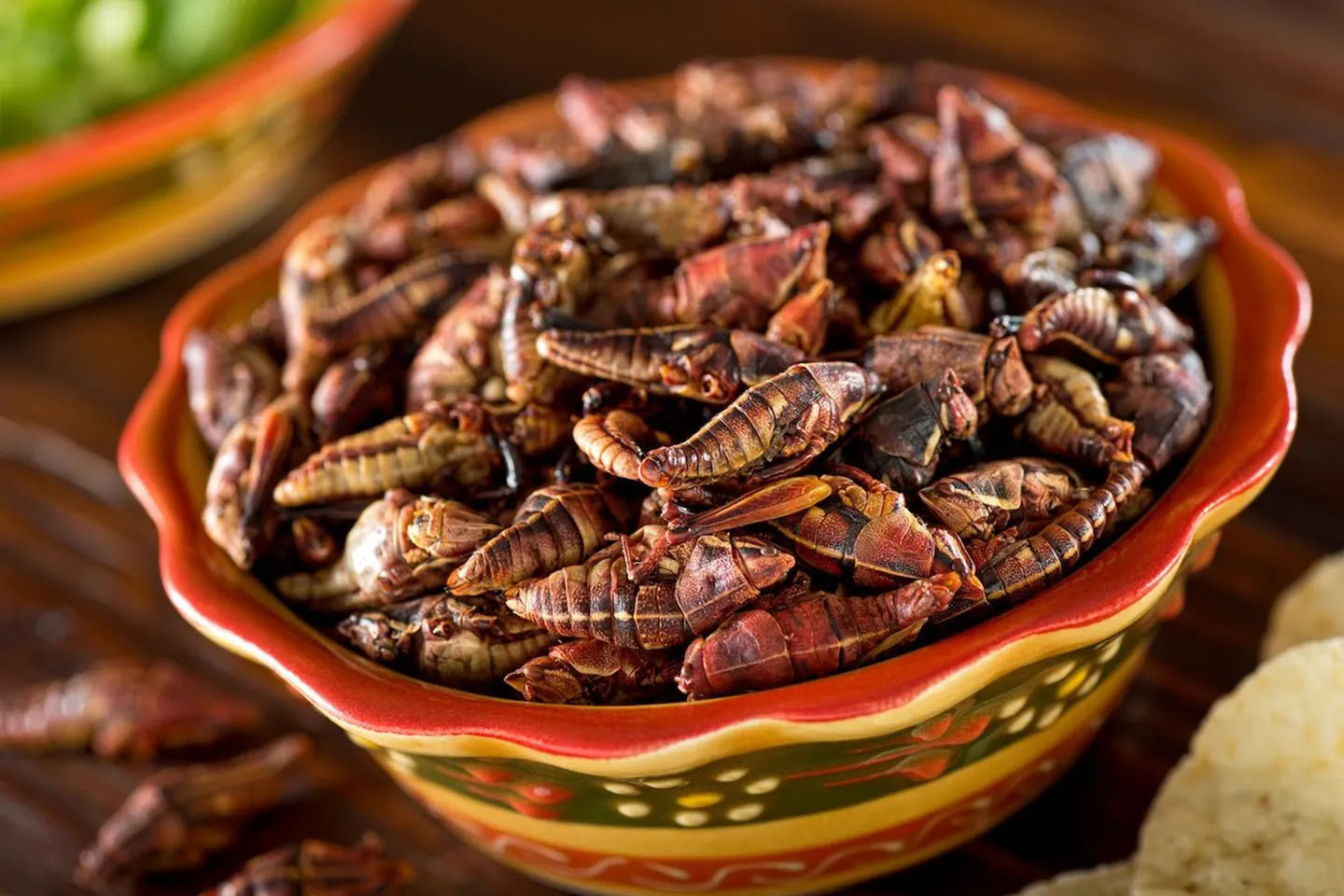Home>Gardening News and Trends>Latest News>What Insects Do Frogs Eat
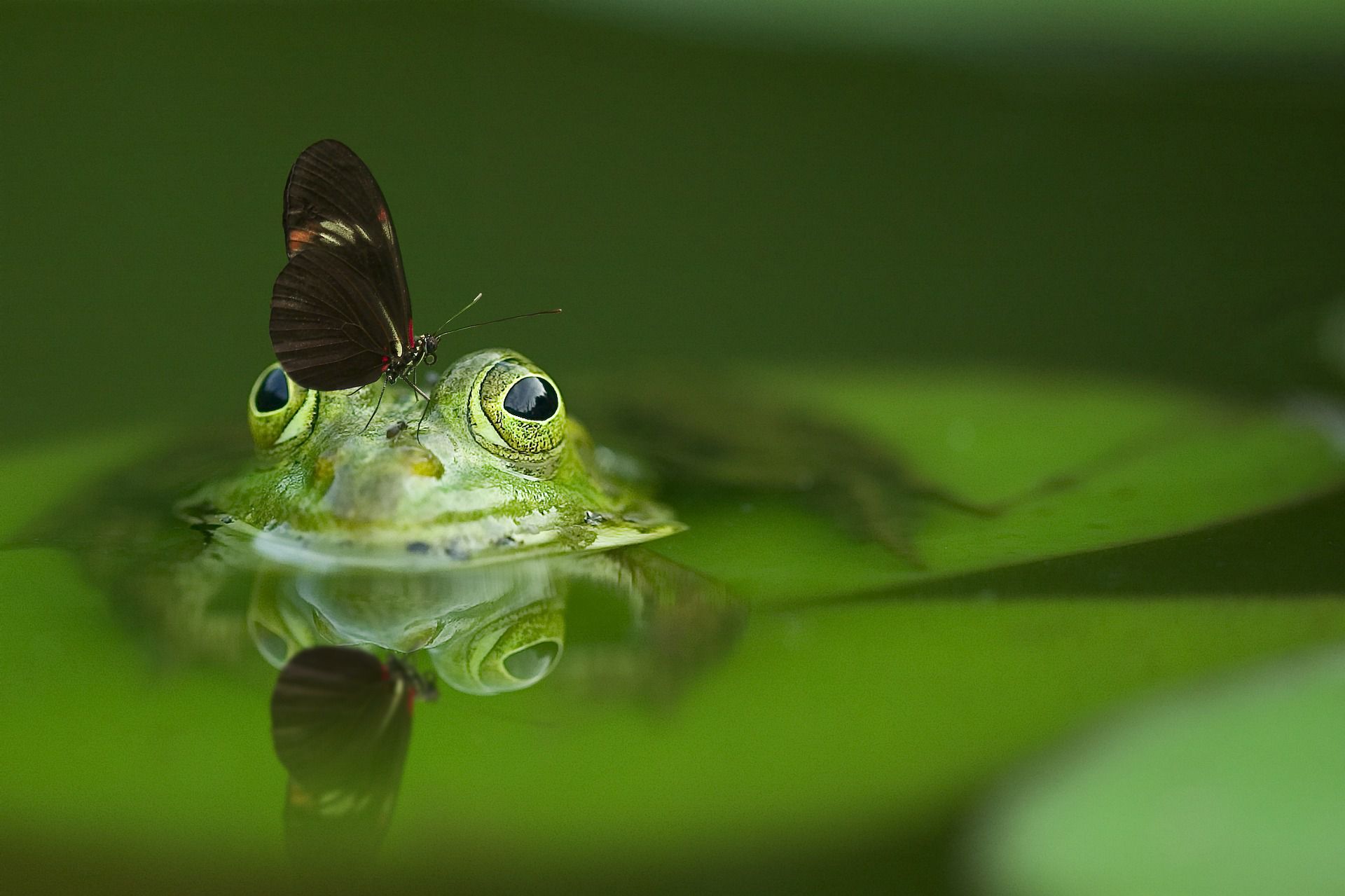

Latest News
What Insects Do Frogs Eat
Published: December 6, 2023
Looking for the latest news on what insects frogs eat? Discover the fascinating world of frog diets and their impact on insect populations.
(Many of the links in this article redirect to a specific reviewed product. Your purchase of these products through affiliate links helps to generate commission for Chicagolandgardening.com, at no extra cost. Learn more)
Table of Contents
Introduction
Frogs are fascinating creatures that play a crucial role in our ecosystem. They are amphibians known for their unique life cycle, environmental adaptability, and vocalizations. While frogs have a diverse diet, insects hold a significant place in their menu. These small arthropods make up a large portion of a frog’s diet and provide essential nutrients for their growth and survival.
The relationship between frogs and insects is not only significant for the frogs themselves but also for the overall ecological balance. Insects serve as a vital food source for frogs, ensuring their proper development and reproductive success. Without a steady supply of insects, frogs would struggle to find enough energy to survive, leading to negative consequences for the entire ecosystem.
In this article, we will explore the importance of insects in a frog’s diet, the common types of insects consumed by frogs, and how their consumption impacts the well-being of frogs as well as the surrounding environment. Understanding the intricate connection between frogs and the insects they consume will shed light on the fragile balance of nature and the need to protect both species for the overall health of our planet.
Importance of Insects in Frog’s Diet
Insects play a critical role in a frog’s diet, providing them with vital nutrients and energy. As carnivorous creatures, frogs rely heavily on insects as their primary source of protein. In fact, studies have shown that for some frog species, insects can make up as much as 80-90% of their diet.
Protein is essential for frogs as it aids in muscle development and growth, helps with tissue repair, and supports the production of enzymes and hormones. Without an adequate protein intake, frogs would struggle to maintain their physical health and reproductive capabilities.
Furthermore, insects are rich in other important nutrients such as vitamins and minerals. These micronutrients are crucial for maintaining overall body functions and promoting a strong immune system in frogs. A diet lacking in essential vitamins and minerals can have detrimental effects on a frog’s health, making them more susceptible to diseases and other environmental stressors.
Not only do insects provide vital nutrients, but they also serve as a source of hydration for frogs. Many insects, especially those in their juvenile stages, contain a high water content. This is particularly important for frogs living in arid environments or during dry seasons when water sources may be scarce. By consuming insects, frogs can supplement their water intake, ensuring proper hydration even in challenging conditions.
Additionally, the consumption of insects helps fulfill the natural feeding behavior of frogs. Frogs have evolved to be skilled hunters, using their specialized tongues and sticky saliva to capture and devour their prey. By consuming insects, frogs are able to engage in this natural hunting behavior, which is not only important for their physical well-being but also for their mental stimulation and overall natural instincts.
Common Insects Consumed by Frogs
Frogs are opportunistic feeders and have adapted to consume a wide variety of insects. While the specific insects consumed may vary depending on the frog species and their habitat, there are several common insects that are commonly found in a frog’s diet.
- Mosquitoes: Mosquitoes are one of the most common insects consumed by frogs. They are abundant in many freshwater environments and provide a significant source of food for frogs, particularly during their larval stage.
- Flies: Flies, including houseflies and fruit flies, are also commonly consumed by frogs. These insects are attracted to rotting organic matter, which often serves as a breeding ground for frogs, making them readily available as a food source.
- Beetles: Beetles are another group of insects that frogs commonly consume. They vary in size and shape, providing a diverse range of prey for different frog species.
- Ants: Ants may not be the first insect that comes to mind when thinking of a frog’s diet, but they are actually an important food source, especially for smaller frog species. Ants are abundant on land and can provide a valuable source of protein for frogs.
- Crickets: Crickets are highly nutritious insects that are often bred specifically as food for pet frogs. They are easily digestible and provide an excellent source of protein and calcium for frogs.
- Dragonflies and Damselflies: Dragonflies and damselflies are larger insects that are agile flyers. They are a challenging prey item for frogs, but they are often consumed due to their abundance near water bodies.
It’s important to note that the specific diet of a frog can vary depending on its size, habitat, and availability of prey. Some larger frog species may even consume small vertebrates such as tadpoles, small fish, or even other frogs. However, insects remain a staple food source for the majority of frog species, providing them with the necessary nutrients for survival and reproduction.
Impact of Insect Consumption on Frogs
The consumption of insects has a profound impact on the overall health and well-being of frogs. Here are some key ways in which insect consumption influences the lives of frogs:
- Growth and Development: Insects provide frogs with essential nutrients, especially protein, that are crucial for their proper growth and development. Without an adequate supply of insects, frogs may experience stunted growth and developmental abnormalities.
- Reproduction: Reproductive success is essential for the survival of frog species. Insects play a vital role in supporting the reproductive functions of frogs by providing them with the energy and nutrients needed for egg production and successful breeding.
- Energy Source: Insects are a rich source of energy for frogs. They provide the necessary calories to fuel their daily activities, including hunting, escaping predators, and navigating their habitats.
- Maintenance of Body Functions: Insects contain important vitamins and minerals that are necessary for the proper functioning of a frog’s body. These micronutrients support various physiological processes, such as maintaining healthy skin, enhancing immune function, and promoting proper organ function.
- Behavioral Stimulation: The act of hunting and capturing insects is not only a means of obtaining food for frogs but also provides them with behavioral stimulation. This natural behavior allows frogs to exercise their hunting skills and fulfill their natural instincts.
- Population Control: Insects can reproduce rapidly and may become pests if their populations are not regulated. Frogs help maintain a balanced ecosystem by feeding on these insects, playing a crucial role in controlling their population growth.
On the other hand, the decline in insect populations due to factors such as habitat loss, pesticide use, and climate change can have detrimental effects on frogs. Insect scarcity can lead to malnutrition, weakened immune systems, and reduced reproductive success in frog populations. Consequently, the decline in frogs may have cascading effects on the entire ecosystem, disrupting predator-prey relationships and nutrient cycling.
It is essential to recognize the interconnectedness between frogs and insects and take steps to conserve both species. Protecting habitats, reducing pesticide use, and promoting sustainable agricultural practices are crucial in ensuring the availability of insects for frogs and maintaining a healthy balance in our ecosystems.
Conclusion
The relationship between frogs and insects is one of vital importance in the natural world. Insects serve as a crucial source of nutrition and energy for frogs, supporting their growth, reproduction, and overall well-being. From mosquitoes and flies to beetles and crickets, frogs rely on a diverse array of insects to meet their dietary needs.
Insect consumption not only provides frogs with essential nutrients like protein, vitamins, and minerals but also fulfills their natural hunting instincts and behavioral stimulation. Furthermore, the balance between insects and frogs helps regulate insect populations and maintains ecological equilibrium.
However, the decline in insect populations due to various human-induced factors poses a severe threat to frogs and their ecosystems. Climate change, habitat loss, pollution, and pesticide use all contribute to the decrease in insect abundance, which in turn affects the health and survival of frog populations.
Conservation efforts are crucial to safeguard both frogs and insects. Protecting habitats, implementing sustainable agricultural practices, and promoting awareness about the importance of insects in the food chain are all necessary steps to ensure the availability of insects for the survival of frogs and the overall health of our ecosystems.
By understanding and appreciating the intricate relationship between frogs and insects, we can work towards preserving this delicate balance and ensuring the long-term well-being of these fascinating creatures and the environments they call home.
